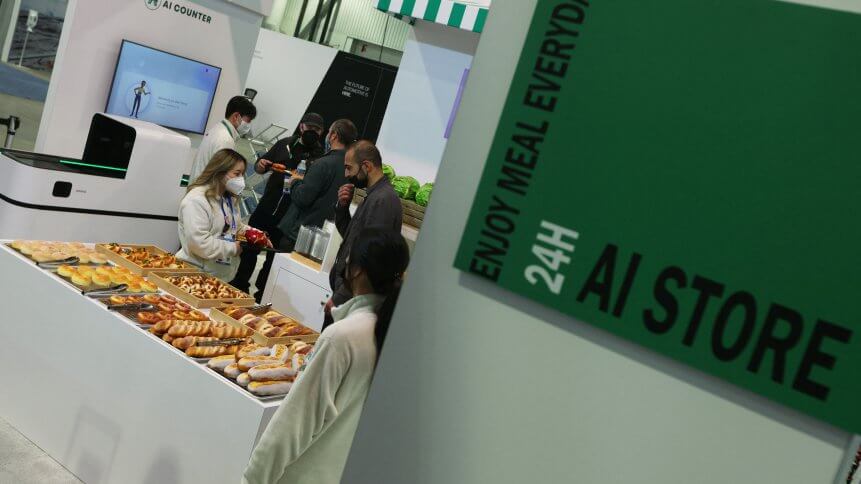AI applications shaking up shopping and dining

- AI applications can provide a more personalized experience for each shopper by analyzing data collected on past purchases, locations, and preferences
- According to the Global State of the Hospitality Industry report, half of US restaurant operators plan to implement automation technology in the next 2-3 years
- The AI applications provide restaurants with an innovative and powerful tool to improve the customer experience and increase efficiency
Artificial intelligence (AI) for retail shopping is changing the customer experience. AI applications can provide a more personalized experience for each shopper by analyzing data collected on past purchases, locations, and preferences.
With the ability to “learn” on its own, AI changes how customers interact with technology and how businesses operate. Restaurants and F&B outlets are also beginning to adopt AI-powered applications to help improve customer service, reduce costs, increase profits, and reduce food waste.
AI applications as ordering solutions for the restaurant industry
US-based restaurant call center OrderSolutions partnered with ConverseNow, an artificial restaurant intelligence (AI) solutions provider, To offer an AI / Live Agent ordering solution for the restaurant industry.
The partnership will create a disruptive new restaurant ordering experience for consumers and restaurants. It also aims to address some of the issues faced by the industry, including staffing challenges, rising food and labor costs, and catching every phone order.
The new technology would save nearly 60% on labor costs, as restaurants would no longer have to spend as much money on recruiting, training, and retaining employees.
The AI applications will also provide restaurants with an innovative and powerful tool to improve the customer experience and increase efficiency. In addition, the new solution offers guests the choice to speak to a human, voice AI or a combination of both.
Creating new customer experiences in-store with AI applications
Kroger Co., one of the world’s largest grocery retailers, is teaming up with NVIDIA, a provider of artificial intelligence (AI) technologies, and BB #:100073 to create new customer experiences in-store. This collaboration is part of a more significant trend where retailers are looking to adopt AI to stay competitive in an ever-changing industry.
State-of-art AI lab and demonstration center
Kroger and NVIDIA’s state-of-art AI lab and demonstration center will explore how grocery retailers can use AI technology to improve customer experiences and create new business opportunities.
Kroger has already made significant investments in AI capabilities with systems that optimize store inventory and marketing. The new demonstration center will allow the two companies to work together to develop even more sophisticated solutions.
The collaboration expands Kroger’s freshness initiatives in nearly 2,800 stores across the US, improves shipping logistics, and creates a better shopping experience through digital twin simulations — virtual models designed to reflect store layouts and other operations accurately.
AI applications changing the restaurant industry
The global AI market is expected to grow to $190.61 billion by 2025. According to the Global State of the Hospitality Industry report, 50 % of US restaurant operators plan to implement automation technology in the next two to three years.
Artificial intelligence is already impacting the restaurant business by automating tasks that humans have traditionally done.
Some restaurants are now using AI-powered chatbots to take orders and reservations, and machine learning algorithms are being used to determine optimal kitchen staffing levels and menu pricing.
In the future, AI will be used to create personalized menus, suggest dishes based on a customer’s food preferences, and even identify customers who are likely to leave without finishing their meal.










